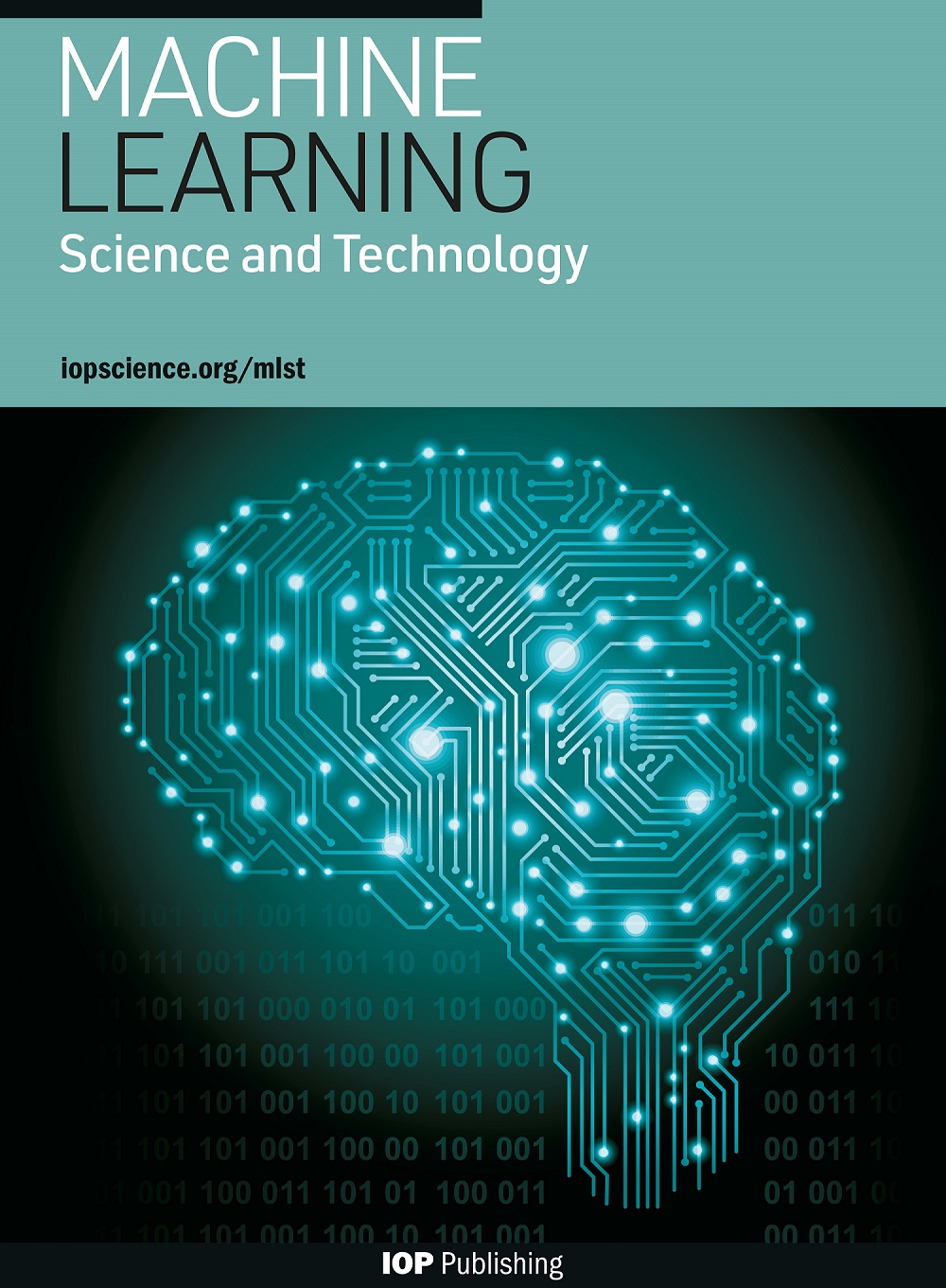STG-MTL: scalable task grouping for multi-task learning using data maps
IF 4.6
2区 物理与天体物理
Q1 COMPUTER SCIENCE, ARTIFICIAL INTELLIGENCE
引用次数: 0
Abstract
Multi-Task Learning (MTL) is a powerful technique that has gained popularity due to its performance improvement over traditional Single-Task Learning (STL). However, MTL is often challenging because there is an exponential number of possible task groupings, which can make it difficult to choose the best one because some groupings might produce performance degradation due to negative interference between tasks. That is why existing solutions are severely suffering from scalability issues, limiting any practical application. In our paper, we propose a new data-driven method that addresses these challenges and provides a scalable and modular solution for classification task grouping based on a re-proposed data-driven features, Data Maps, which capture the training dynamics for each classification task during the MTL training. Through a theoretical comparison with other techniques, we manage to show that our approach has the superior scalability. Our experiments show a better performance and verify the method’s effectiveness, even on an unprecedented number of tasks (up to 100 tasks on CIFAR100). Being the first to work on such number of tasks, our comparisons on the resulting grouping shows similar grouping to the mentioned in the dataset, CIFAR100. Finally, we provide a modular implementation3for easier integration and testing, with examples from multiple datasets and tasks.STG-MTL:利用数据图谱对多任务学习进行可扩展的任务分组
多任务学习(Multi-Task Learning,简称 MTL)是一种功能强大的技术,与传统的单任务学习(Single-Task Learning,简称 STL)相比,MTL 的性能有所提高,因此广受欢迎。然而,MTL 通常具有挑战性,因为可能的任务分组数量呈指数级增长,这使得选择最佳分组变得困难,因为有些分组可能会因任务之间的负面干扰而导致性能下降。这就是为什么现有的解决方案都存在严重的可扩展性问题,从而限制了实际应用。在本文中,我们提出了一种新的数据驱动方法来应对这些挑战,并基于重新提出的数据驱动特征--数据地图,为分类任务分组提供了一种可扩展的模块化解决方案。通过与其他技术的理论比较,我们成功地证明了我们的方法具有卓越的可扩展性。我们的实验表明,即使在任务数量前所未有的情况下(在 CIFAR100 上多达 100 个任务),我们的方法也能取得更好的性能并验证其有效性。作为首个对如此多任务进行分组的方法,我们对分组结果进行的比较显示,分组结果与数据集 CIFAR100 中提到的分组结果相似。最后,我们提供了一个模块化实现3 ,以便于集成和测试,并提供了来自多个数据集和任务的示例。
本文章由计算机程序翻译,如有差异,请以英文原文为准。
求助全文
约1分钟内获得全文
求助全文
来源期刊

Machine Learning Science and Technology
Computer Science-Artificial Intelligence
CiteScore
9.10
自引率
4.40%
发文量
86
审稿时长
5 weeks
期刊介绍:
Machine Learning Science and Technology is a multidisciplinary open access journal that bridges the application of machine learning across the sciences with advances in machine learning methods and theory as motivated by physical insights. Specifically, articles must fall into one of the following categories: advance the state of machine learning-driven applications in the sciences or make conceptual, methodological or theoretical advances in machine learning with applications to, inspiration from, or motivated by scientific problems.
 求助内容:
求助内容: 应助结果提醒方式:
应助结果提醒方式:


